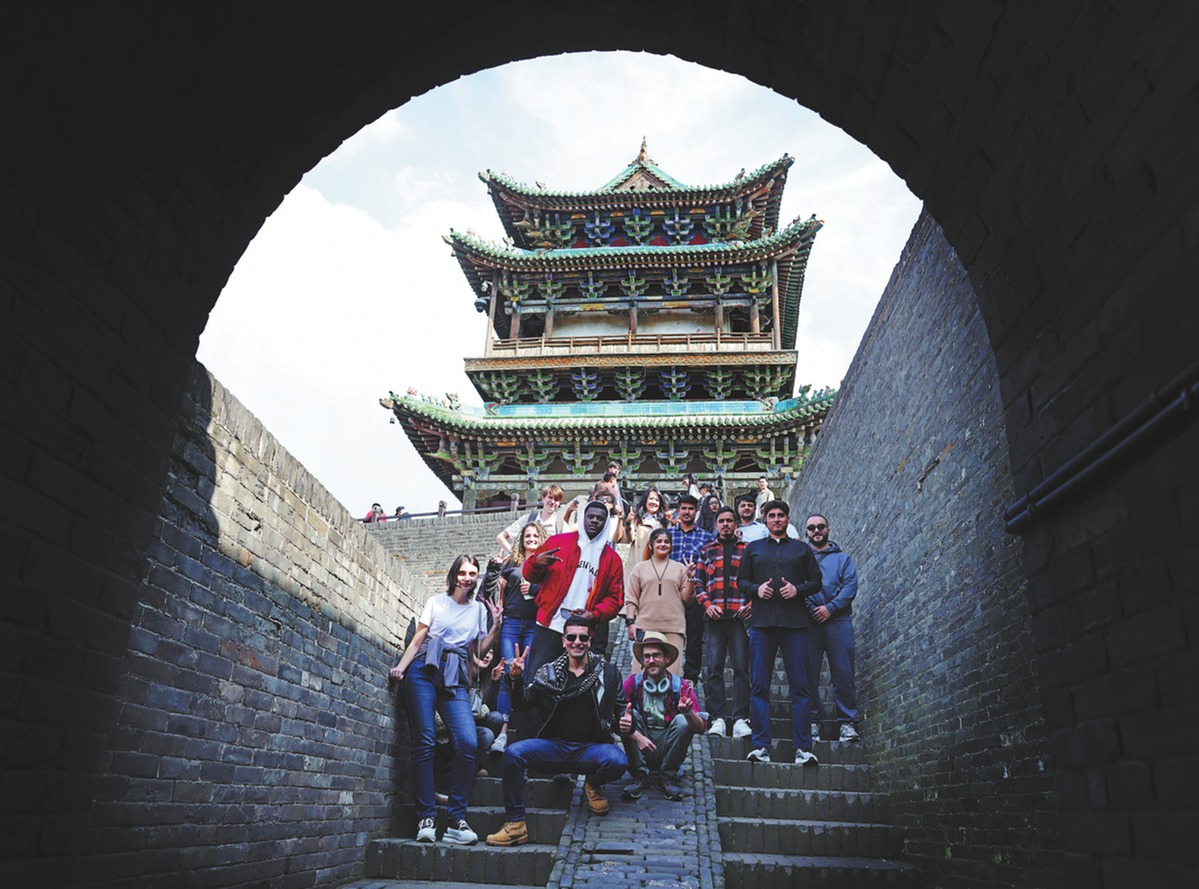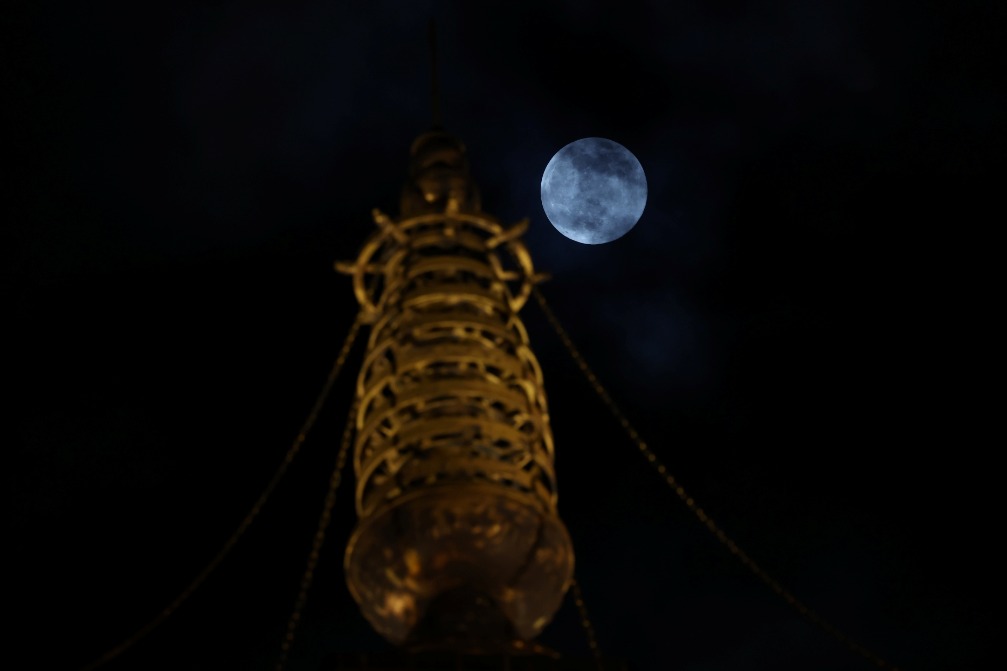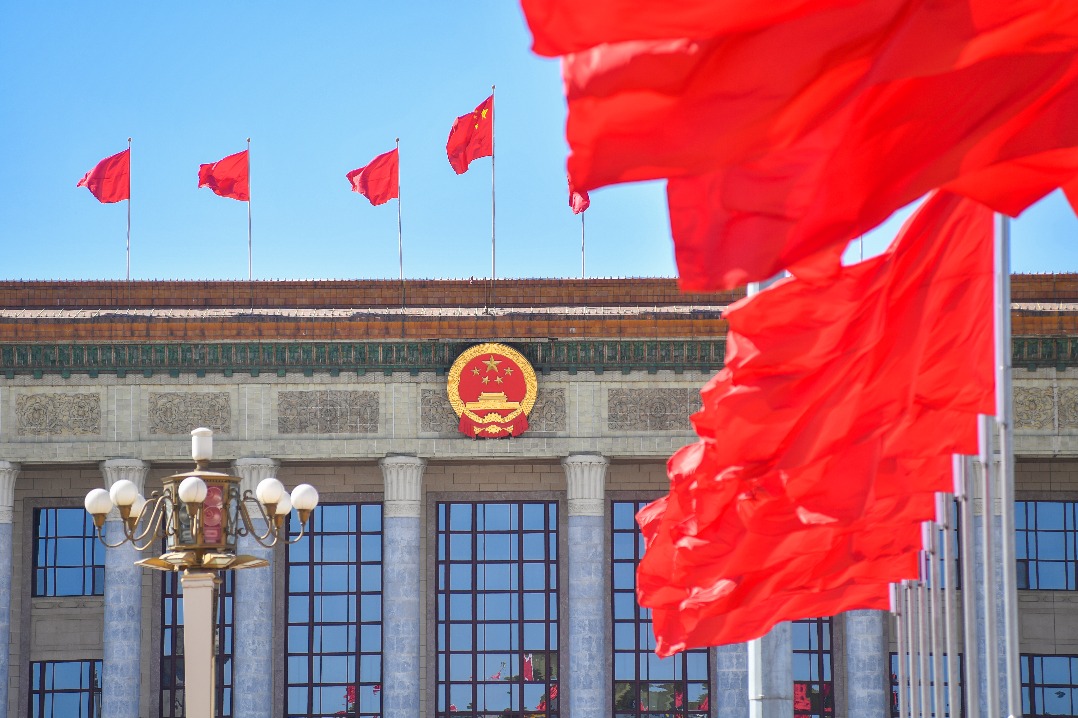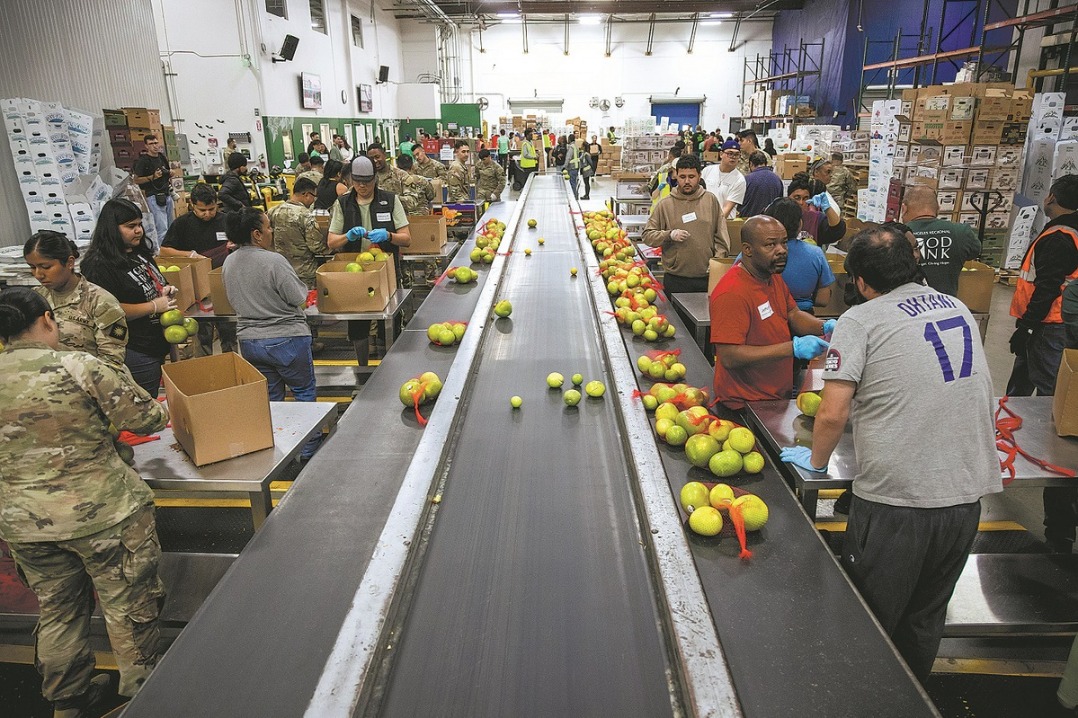AI transforming experience for foreign travelers in China
Technology creates bridge to local culture


Artificial intelligence is transforming travel experience in China, offering smarter and more personalized travel options, and acting as a "new guide" for foreign tourists exploring the country.
Mutangay Jesteben Beni, a 26-year-old visitor from the Democratic Republic of Congo and now a student at Shanxi University, experienced this firsthand. Seven years after arriving in China with dreams of becoming an engineer, his AI-assisted trip to Beijing this July completely reshaped his perception of Chinese tourism. "Plan a three-day trip to Beijing for me, focusing on the Great Wall and the Forbidden City, with a budget of around 5,000 yuan ($702)," Mutangay instructed Doubao, an AI application.
In less than 10 seconds, a detailed itinerary appeared on his screen, including transportation, accommodation, daily attractions, and local culinary recommendations.
"This is amazing!" he said, showing off the plan on his phone. "It's not just an itinerary; it's like a local friend offering a personalized guide."
Mutangay's experience is not unique. Increasingly, foreign tourists are relying on AI to explore China. Tools like DeepSeek and Doubao have become common companions for travelers, both domestic and international. According to a report released by the China Internet Network Information Center, as of August, China has registered 538 generative AI services and 263 generative AI applications or functions.
Mutangay's Beijing trip fueled his interest in ancient Chinese architecture, leading him to participate in the "Discovering Shanxi's Ancient Chinese Architecture" event last month, jointly organized by China Daily and Shanxi Daily.
























